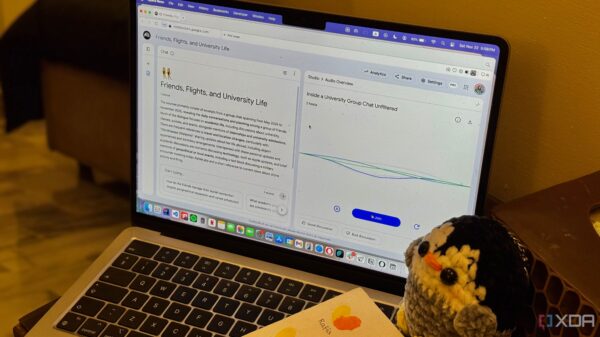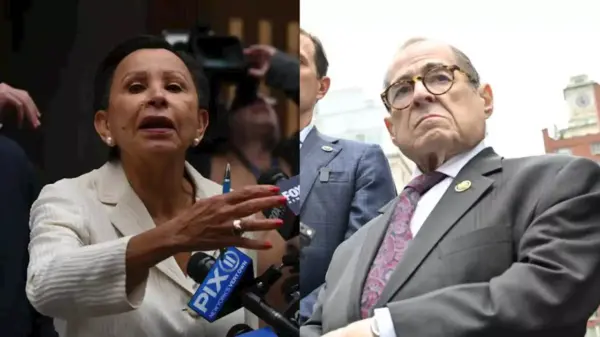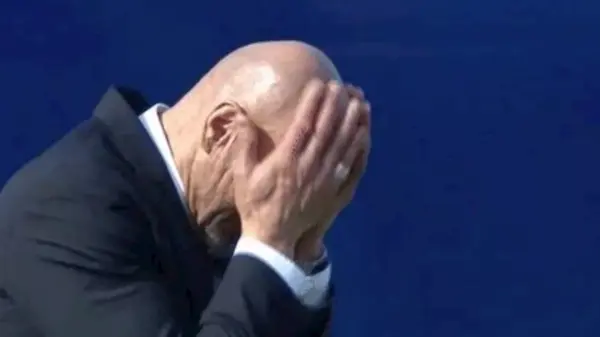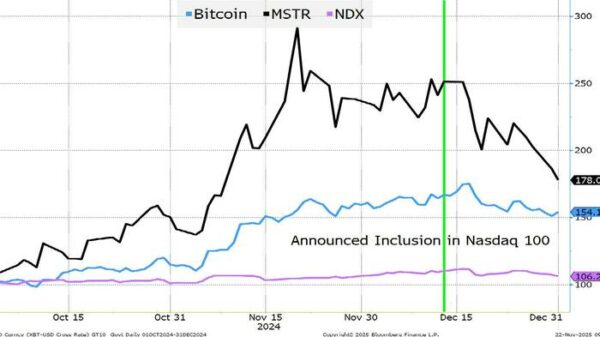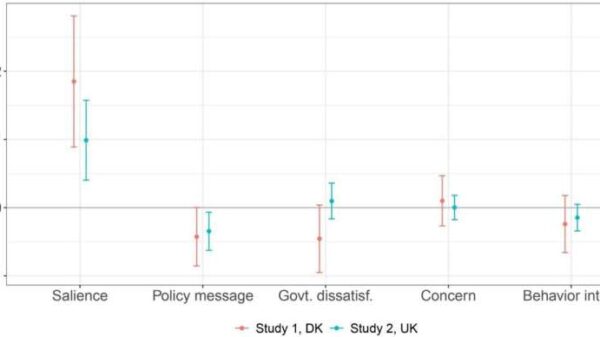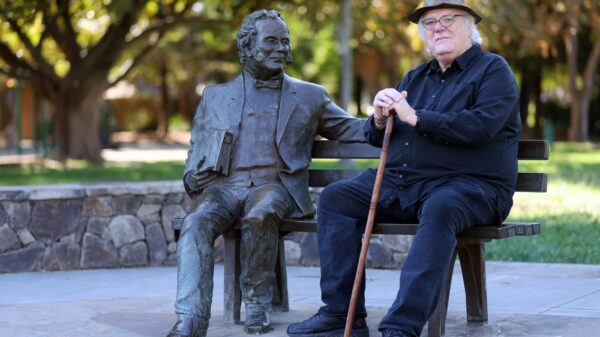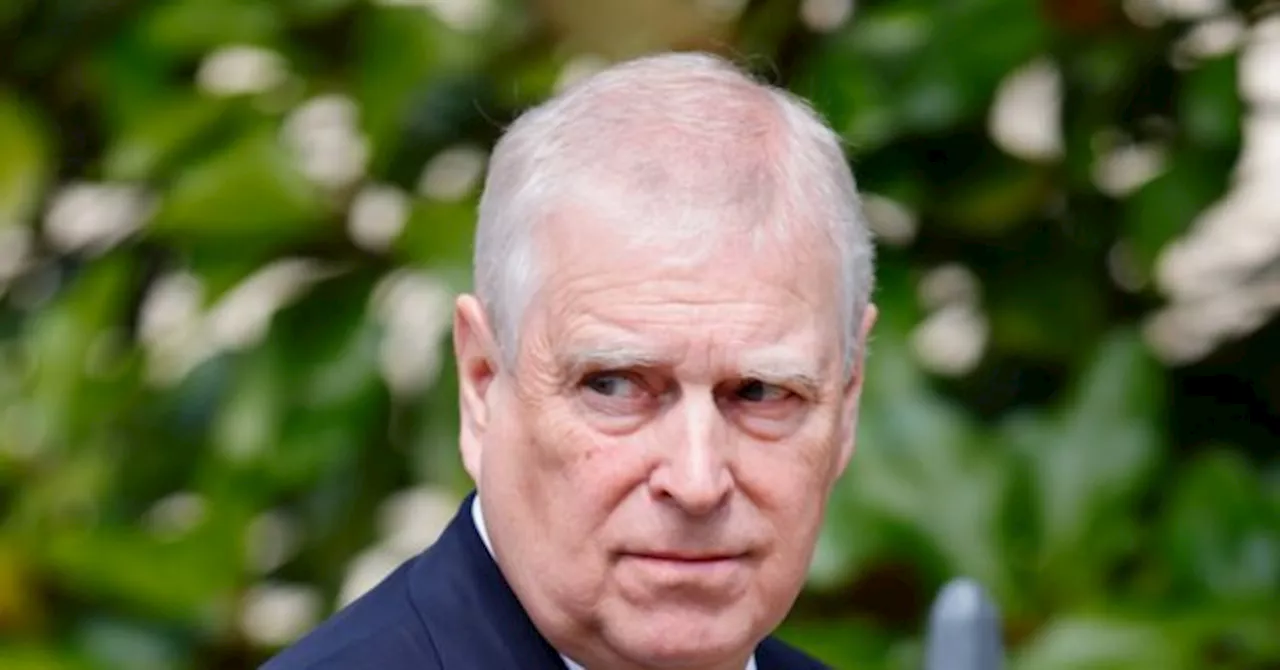The call for former Prince Andrew to testify in the ongoing investigation into Jeffrey Epstein is intensifying, especially following remarks made by British Prime Minister Keir Starmer. Starmer emphasized that individuals with crucial information related to such investigations should come forward, indirectly suggesting Andrew’s cooperation is necessary as the U.S. congressional committee seeks answers about his past relationship with the convicted sex offender.
During a press conference at the G20 summit in Johannesburg, Prime Minister Starmer articulated the principle that those possessing relevant knowledge should assist authorities. His comments come as the House Oversight Committee in the United States has formally requested a “transcribed interview” with Andrew. The former prince, known as Andrew Mountbatten-Windsor, has so far not responded to this request, raising further concerns about his willingness to engage with the investigation.
In the wake of criticism surrounding his association with Epstein, Andrew was stripped of his royal titles and honors last month, a move that reflects the royal family’s effort to distance itself from the controversy. The investigation into Epstein’s criminal activities, which include serious allegations of sex trafficking and abuse, continues to draw attention, with committee members committed to pursuing all leads to uncover the truth and achieve justice for the victims.
The House Oversight Committee, which consists of both Republican and Democratic members, is actively examining Epstein’s network and those associated with him. Representatives Robert Garcia of California and Suhas Subramanyam of Virginia have been particularly outspoken regarding Andrew’s reluctance to cooperate. In a joint statement, they criticized the former prince, asserting that he “continues to hide” from critical questions. They affirmed their determination to continue the investigation, regardless of Andrew’s response, and pledged to hold accountable anyone involved in Epstein’s crimes, regardless of their status or influence.
The committee’s efforts to obtain testimony from Andrew underline the international scrutiny of Epstein’s activities and their far-reaching consequences. This investigation is not solely centered on Andrew’s interactions with Epstein; it also aims to uncover any knowledge he may have regarding other individuals or entities involved in the convicted sex offender’s criminal operations.
As the investigation progresses, public interest remains high, with many demanding transparency and accountability, particularly from those in positions of power. Andrew’s ongoing silence has only fueled speculation and heightened pressure for him to provide insights into his relationship with Epstein.
The implications of this inquiry extend beyond Prince Andrew himself. The investigation raises essential questions about power dynamics, privilege, and the vulnerabilities of sexual abuse victims. The focus on those who facilitated Epstein’s actions or benefited from his crimes remains crucial for ensuring justice for survivors.
The commitment to accountability, as reflected in both the committee’s actions and the Prime Minister’s statements, signifies a broader demand for transparency in the face of serious allegations. As the House Oversight Committee continues its work, the public watches closely, anticipating further developments in this high-profile case.


